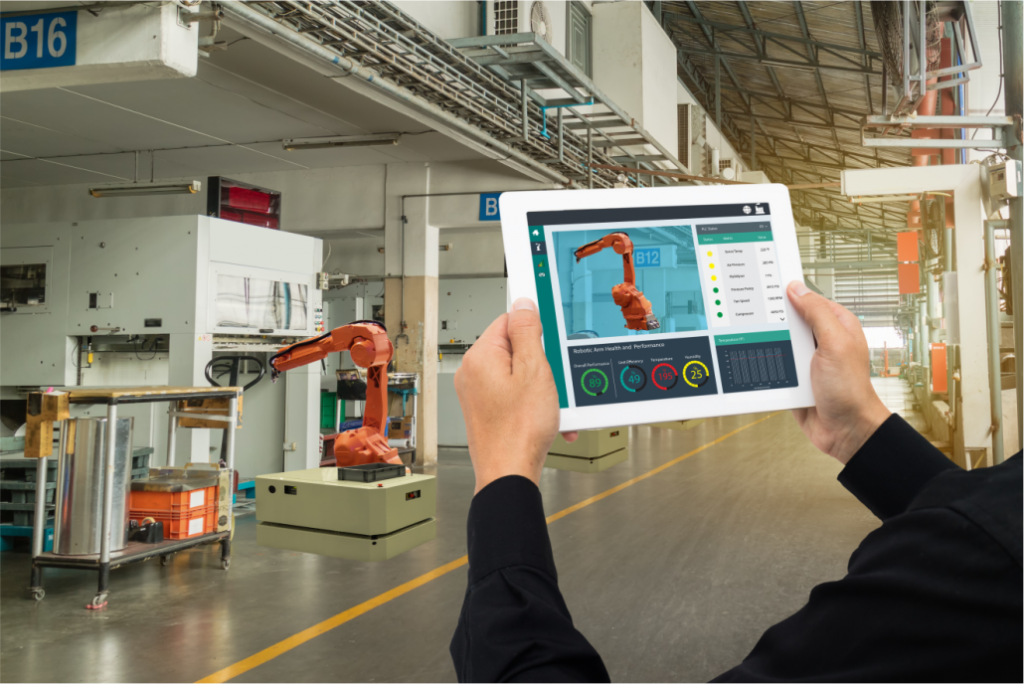
Receive a Course Pre-Quote by Email
Let a Sales Advisor Contact You by Email
Temarios Cursos- Inglés
Receive complete information in your email!
OBJECTIVE:
By the end of the seminar, participants will have the necessary knowledge to increase their companies’ performance through basic tools (Core Tools) as automotive industry suppliers.
BASIC COURSE INFORMATION:
ADDRESSED TO:
Leaders, managers, supervisors, that work in quality or production area in manufacturing companies and for people that wants to achieve this level.
DEVELOPING COMPETENCIES
Continuous improvement, problem analysis, performance orientation.
SYLLABUS
I. PROCESSES STATISTICAL CONTROL (SPC-2)
A. Variation Causes
B. Pareto Diagram
C. Cause-Effect or Ishikawa Diagram
D. Frequency Histogram
E. X-R Control Graphics
F. Capacity and Process Ability (CP/CPK)
G. Linear Correlation
II. MEASUREMENT SYSTEM ANALYSIS (MSA-4)
A. Measurement System and Variation Types
B. Measurement System Discrimination
C. Stability
D. Slant or Accuracy
E. Repetition and Reproduction Analysis through Variables
F. Preparing for a Measurement System Analysis
G. R&R Analysis through Attributes
H. Linearity Analysis
III. FAILURE MODES & EFFECTS ANALYSIS (FMEA-4)
A. Work Team Training
B. Protocols and Requirements
C. Defining Process Stages
D. Approaching Real or Possible Failures
E. Determining Effects, Causes, and Control Means
F. Severity Calculation, Happening, and Detection (RPN´s)
G. Detecting Prevention Measures
H. Follow up and Improvement Activities
I. Practical Exercises and Participants´ Evaluation
IV. PRODUCT AND PROCESS APPROVAL (PPAP-4)
A. Antecedents, Client’s Requirements, and Process Focus
B. Requirements to create a PPAP Folder
C. Design Registration
D. Materials Tests and Development
E. Engineering Changes: Initial Process Studies
F. Customer Engineering Approval
G. Qualified Lab
H. Design FMEA
I. Appearance Report
J. Flowchart
K. Produced Parts Samples
L. Process FMEA
M. Master Sample
N. Control Plan
O. Verifying Help
P. Measurement System Studies
Q. Client’s Specific Requirements
R. Dimensional Results
S. PSW
V. ADVANCED PRODUCT QUALITY PLANNING (APQP-2)
A. Myths, Realities and Vulnerable Points
B. APQP Project Management
C. APQP Requirements:
Stage 1: Planning and Defining
Stage 2: Design and Product Design
Stage 3: Design and Process Design
Stage 4: Product and Process Validation
Stage 5: Evaluation, Feedback, and Corrective Actions
VI. PRODUCTION CONTROL (PC 2)
A. Training the Work Team
B. Protocols and Requirements:
– Defining Process Stages
– Determining CTQ’s and Product and Process Specifications
C. Assigning Methods of:
– Inspection
– Registration
– Sampling
– Reaction
– Control
VII. PRACTICAL EXERCISES AND PARTICIPANT’S EVALUATION
BENEFITS
- Complying with client’s requirements and minimizing production risks through strategically.
- PlanningComplying with client’s specifications continuously.
- Complying with product requirements through control.
- Reducing product rejection and claims because of quality issues.
- Applying statistical tools to improve processes and products.
- Ensure the certainty of measures through monitoring and system analysis of measure, as the knowledge of failure causes.
- Prevent potential failures of new products and minimizing customer claims.
- Ensure the new products process during the presentation of samples before the customers.
- Complying with quality requirements continuously.






